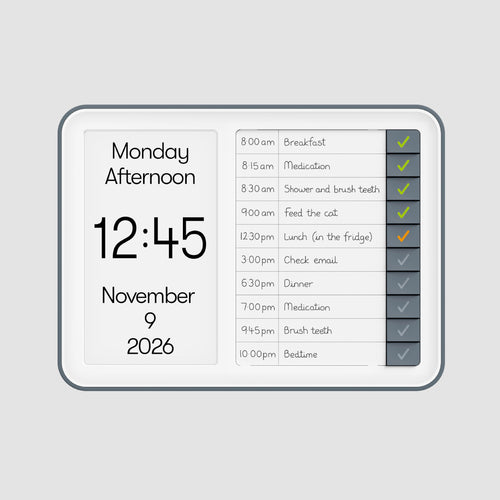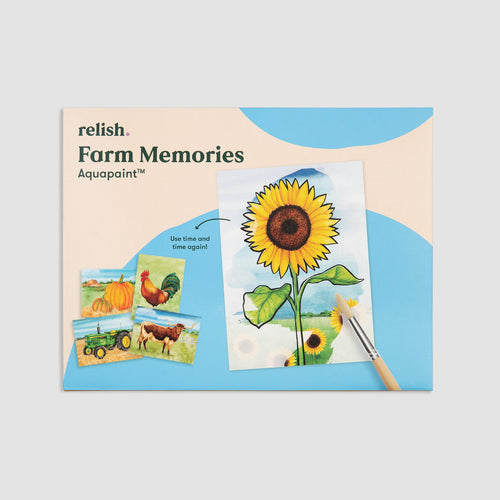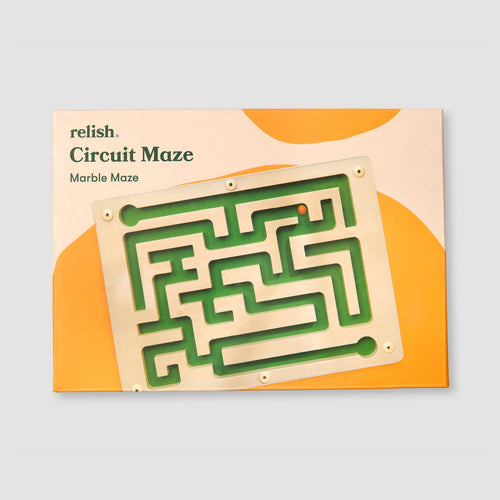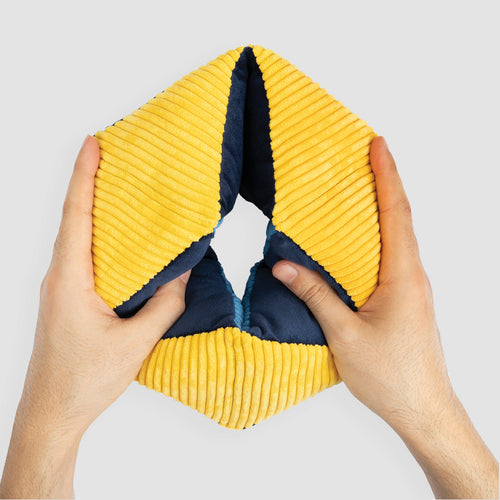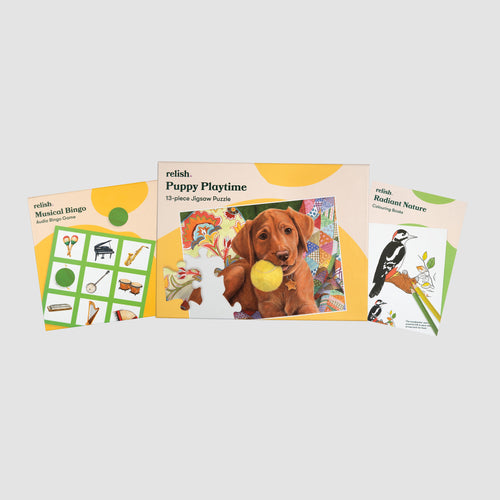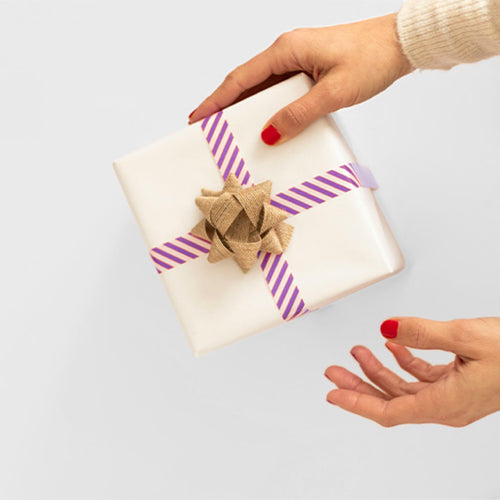Find your stage
Completing the checklist
For each activity, the statements refer to a different level of ability. Thinking of the last two weeks, tick the statement that represents the person’s ability in each activity.
Relish is a licensed user of the QCS Pool Activity Level System.
Bathing/Washing
Getting Dressed
Eating
Contact with others
Groupwork skills
Communication skills
Practical activities (craft, domestic chores, gardening)
Use of objects
Looking at a newspaper/magazine
Stage of dementia: Early
4
3
2
1
Early
Stage
Find products and activities that help work towards a goal with a tangible outcome, helping people stay independent for longer. We recommend giving the person with dementia the space to talk and enjoy their time independently. But if you're helping them, keep sentences short, be on hand to troubleshoot any questions, and focus on feelings of purpose and achievement.
Our Product Recomendations
Stage of dementia: Early-Mid
4
3
2
1
Early-Mid
Stage
Find products and activities that are designed to help people focus on the individual steps of the activity, breaking them down into manageable chunks. It's about the experience rather than the end result. We suggest helping out with simple, understandable reassuring comments while encouraging creativity and spontaneity.
Our Product Recomendations
Stage of dementia: Mid-Late
4
3
2
1
Mid-Late
Stage
We suggest helping by guiding people through single-step activities, and it can be helpful to reinforce with demonstrations. Introduce sensory experiences, like listening to music or soothing restless hands with the Tactile Turn.
Our Product Recomendations
Stage of dementia: Late
4
3
2
1
Late
Stage
Activities in the late stage will need to be fully led by the care giver with a focus on sensory experience. People experience feelings inspired by the sound, smell, taste and feel of individual products.
